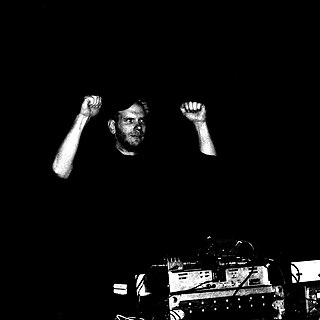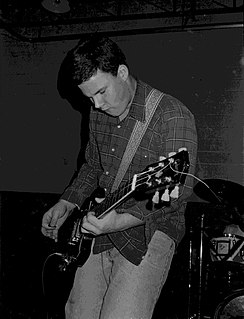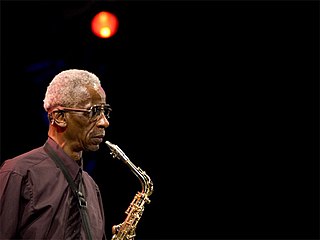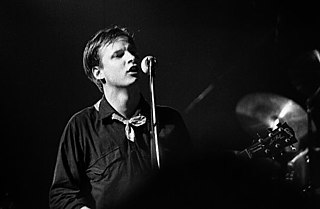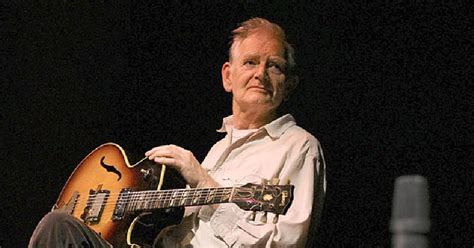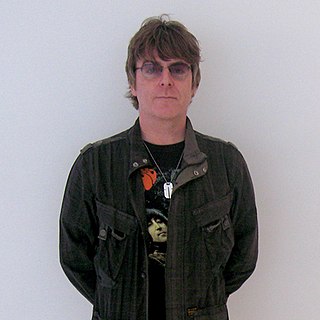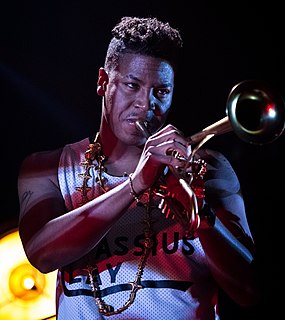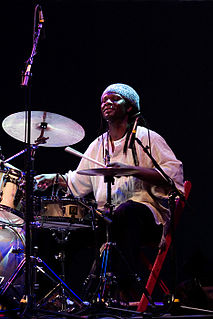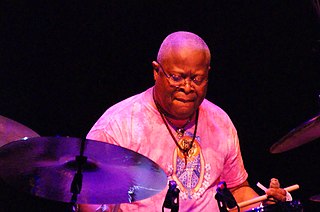A Quote by Kevin Drumm
At a certain point, I started playing improvised music. After a couple of years of this, I did a little bit of analysis and found most improvised music the kind I was listening to at least, which was mainly European to be as, if not more, formulaic than any other kind of music. For example, improvised pieces would often begin and end in the same way.
Related Quotes
When I started playing the bass, I became kind of fascinated by it and started investigating various styles of bass playing, and I was really struck with funk music, mainly American funk music - Stanley Clarke, Funkadelic and that kind of stuff. That comes out in a couple of songs like 'Barbarism Begins at Home.'
People call what we do "stretch music." This is our style, and one of the newer, in vogue ways of playing creative, improvised music. It really grew out of me trying to address something that I saw in my everyday life in my neighborhood - trying to develop that and refine that and excavate exactly what that was in a way that, when I communicated it, it was palpable and easily read. That started really early. Why it started was from something that I was really angry about.
Truth of the matter is, jazz is American music. And that doesn't mean bebop. Jazz is really about improvising. All the music that's been created in America has been pretty much improvised... Whether it's hillbilly or rock n' roll for blues, it's basically jazz music... It's basically about another way of hearing what comes out of America.
